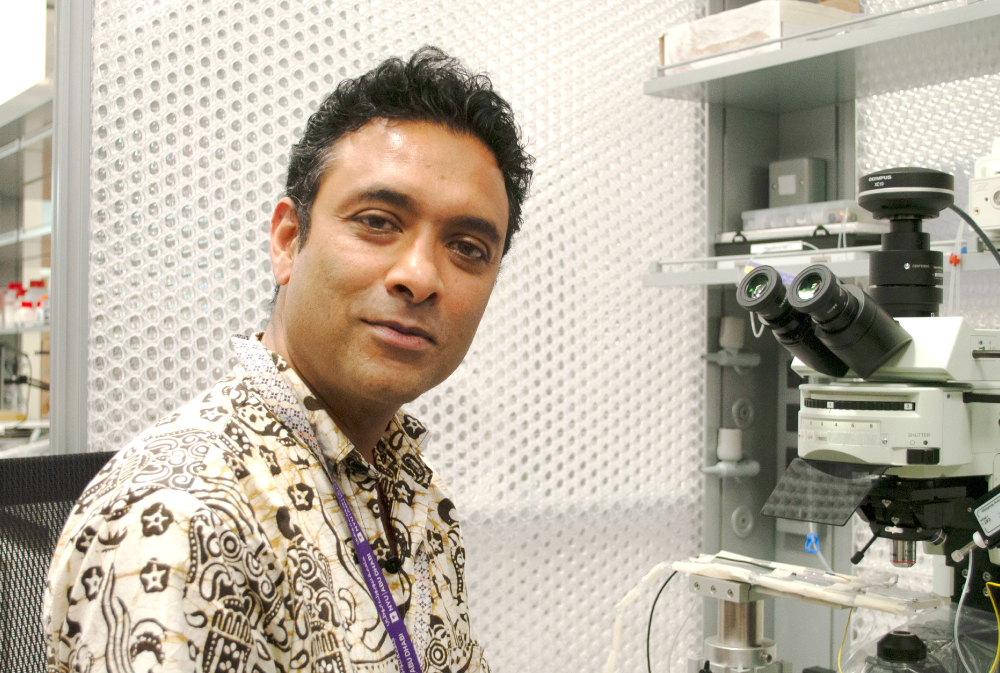
According to the World Health Organization depression, a mental disorder accompanied by low self-esteem, loss of interest and low energy, continues to be on the rise globally.
Unfortunately, current treatment methods are only effective on 50% of patients and even for those who do respond well it can take weeks or months to see any improvement.
With new therapeutic avenues needed, Al Jalila Foundation research grant recipient Dr Dipesh Chaudhury from New York University Abu Dhabi conducted a study ‘Sleep less smile more: understanding the cellular mechanism of sleep deprivation-induced rapid reversal of depression’ to tackle depressive disorders.
Sleep deprivation has been effective in rapidly alleviating depressive symptoms in around 70% of patients who are resistant to medication. However, it is not a viable long-term strategy. This study investigates how sleep deprivation alleviates depression symptoms in rodents using the chronic social defeat stress paradigm; special focus was given to the neurophysiological changes in neural circuitry involved in the circadian system and sleep-wake centres of the brain.
Scientists have researched how you sleep but the data on why we need it is still not clear. Studies like this bring us closer to finding the answers to many mental health issues. To learn more about this study please click here.

